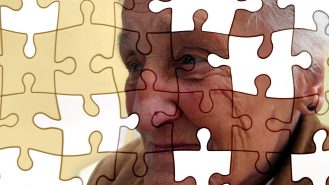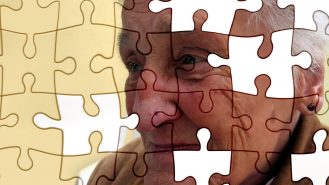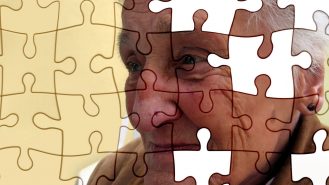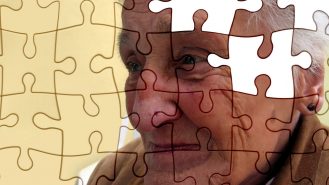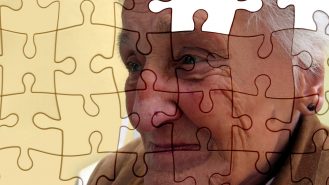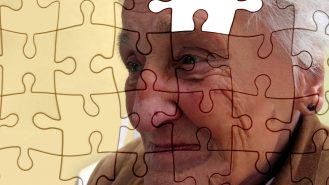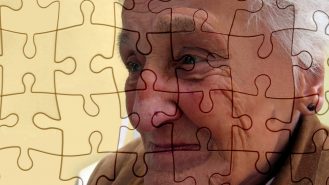- Home page
- About U3A
- Course Structure
- 2024 Courses
- 2024 Timetable
- Enrolment
- Annual Fee Form
- Earlier Courses
- Contact Us
- Notices for Members
- Committee Minutes
- U3A Okeover Annual Report 2023
- Financial Statement for 2023
- UC Māpura Bright Start Scholarship
- Guide for Course Presenters
- Guide for Course Organisers
Out of Africa and DNA: Human migration and global connections
We are living in exciting times when new discoveries through science are expanding our
knowledge from the vast expanses of the universe to the minutest cells that are the building
blocks of all life. Theories are proposed to answer fundamental questions of human existence,
and knowledge is a ‘work in progress’. Paleoanthropology is the scientific study of human
evolution. In recent decades, huge strides have been made in knowledge of our early human
ancestors and how they came to populate planet Earth. In the 21 st century, the theory of the
emergence of homo sapiens ‘Out of Africa’ is widely accepted, and supported by the global
study of genetics and DNA. This lecture series will borrow from scientific knowledge to
offer an historical perspective of our global relationships.
Frieda Looser has an MA (Hons) in History and is the author of Fendall’s Legacy, a history
of Fendalton and Northwest Christchurch. She was a Senior Tutor in the History Department
at the University of Canterbury, tutoring and lecturing in a number of courses, and currently
teaches in the UC Academic Skills Centre. Frieda was a contributor to the University’s
Community Education programme from 1998 to 2012, offering a wide range of courses
exploring European, as well as New Zealand and local Canterbury history. When the
University disestablished Continuing Education, Frieda founded her own business in 2013
and teaches history courses, leads overseas study tours, and offers talks to U3A, Probus and
other community groups.
All Things Wine
The Wine Industry in New Zealand has grown markedly in the last 40 years. This course will cover some aspects from the science of wine through to varieties, climate, locations, taste and biosecurity.
At the conclusion of this course a trip is being organised for a food and wine tasting experience at a local vineyard.
Ōpāwaho / Heathcote River: from source to estuary
Frieda Looser has an MA (Hons) in History and is the author of Fendall’s Legacy, a history of Fendalton and Northwest Christchurch. She was a Senior Tutor in the History Dept., UC , tutoring and lecturing in a number of courses, and currently teaches in the UC Academic Skills Centre. Frieda was a contributor to the University’s Community Education programme from 1998 to 2012, offering a wide range of courses exploring European, as well as New Zealand and local Canterbury history. When the University disestablished Continuing Education, Frieda founded her own business in 2013 and teaches history courses, leads overseas study tours, and offers talks to U3A, Probus and other community groups.
The rivers of Canterbury have provided food and transport routes for human settlers since the 13th century, as well as the most obvious purpose of draining the land, as rainfall became stormwater. Ōpāwaho means ‘The Place of the Outward Pā’, or ‘The Outpost’ and refers to a pā near the river providing food and rest for Māori en route from Horomaka (Banks Peninsula) to Kaiapoi. European settlers in 1850 named the river after Sir William Heathcote, Secretary of the Canterbury Association. The river meanders around the foot of the Port Hills on its way to the estuary and the ocean. This lecture series will trace the history of residential, community and industrial sites along the river as the values of heritage, culture, landscape, ecology and recreation are considered along with the significance of drainage in a flood-prone, low-lying corridor of the city of Christchurch.
